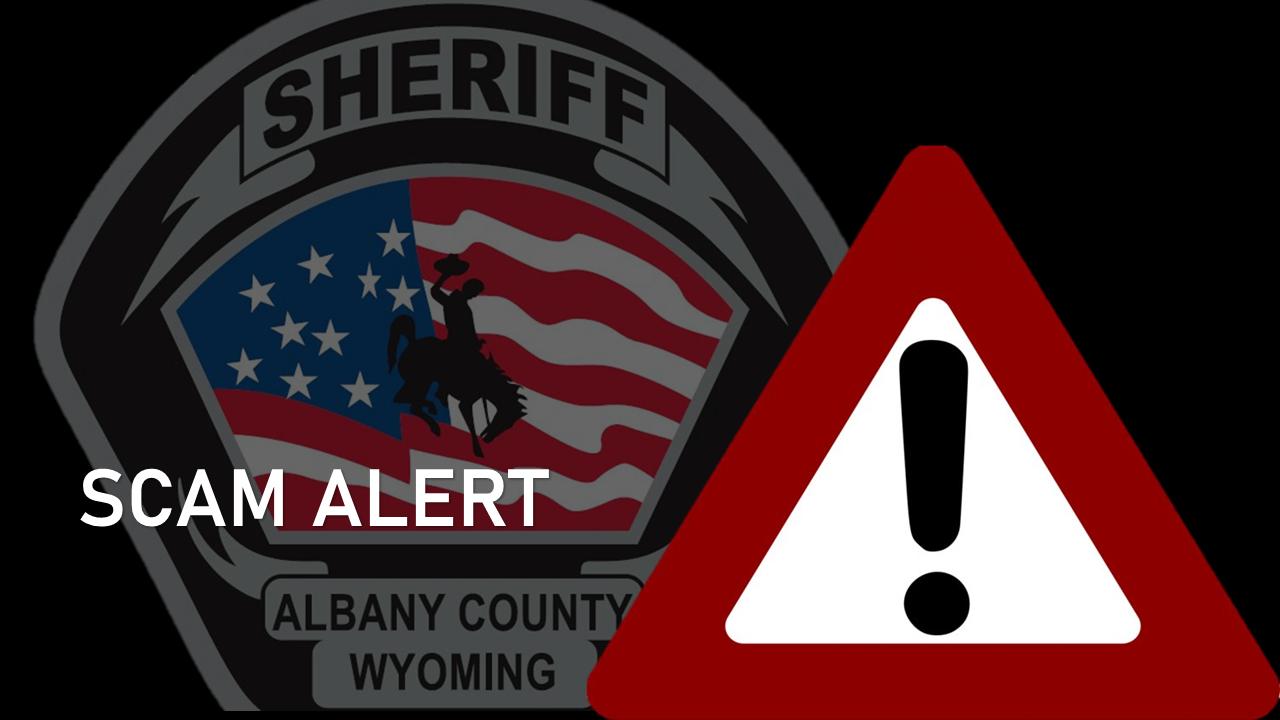Scam Alert!
From The Albany County Sheriff’s Office:
The Albany County Sheriff’s Office wants community members to be aware of a phone scam that is currently active in the area.
Deputies have received reports from community members who stated that callers contact them claiming to be members of a police department or sheriff’s department. The law enforcement impersonator often times:
* refers to the community member by name,
* tells the community member the call is being recorded, and
* tells the community member they missed a court appearance or jury duty.
The caller states they need to send money or a warrant will be issued for their arrest or they may turn themselves in to jail.
Sometimes scams such as these will include spoofing a legitimate police agency phone number and using a real name of a law enforcement officer in an attempt to gain the trust of the victim. No government agency of any kind takes gift cards as payment.
The Albany County Sheriff’s Office reminds you to be aware that:
* The Albany County Sheriff’s Office does not call individuals and demand or request money from community members under any circumstances.
* The Albany County Sheriff’s Office or any other legitimate law enforcement agency does not call community members seeking payment for outstanding traffic citations or warrants. This includes claims of unpaid federal or state taxes.
* Individuals claiming to collect debts may try to instill fear in potential victims to persuade them to forward money.
If you are a resident of Albany County and fall victim to these scammers with financial loss, you are encouraged to file a report by calling the Albany County Sheriff’s Office’s Non-Emergency line at (307) 721-2526.
Tips to help avoid becoming a victim to this scam include:
* Never give personal or financial information to an unsolicited caller or email.
* Be suspicious of callers who demand immediate payment for any reason.
* Stay private. Regularly update privacy settings for social media sites. Scammers often make their stories more believable by trolling for personal information on Facebook, Twitter, and similar sites.
* Remember that anyone who has the number on a prepaid card has access to the funds on your card
* Never wire money, provide debit or credit card numbers to a stranger.
The Federal Trade Commission (FTC) has a tremendous amount of information and resources available to protect consumers. Information can be found by visiting www.consumer.ftc.gov/scam-alerts

